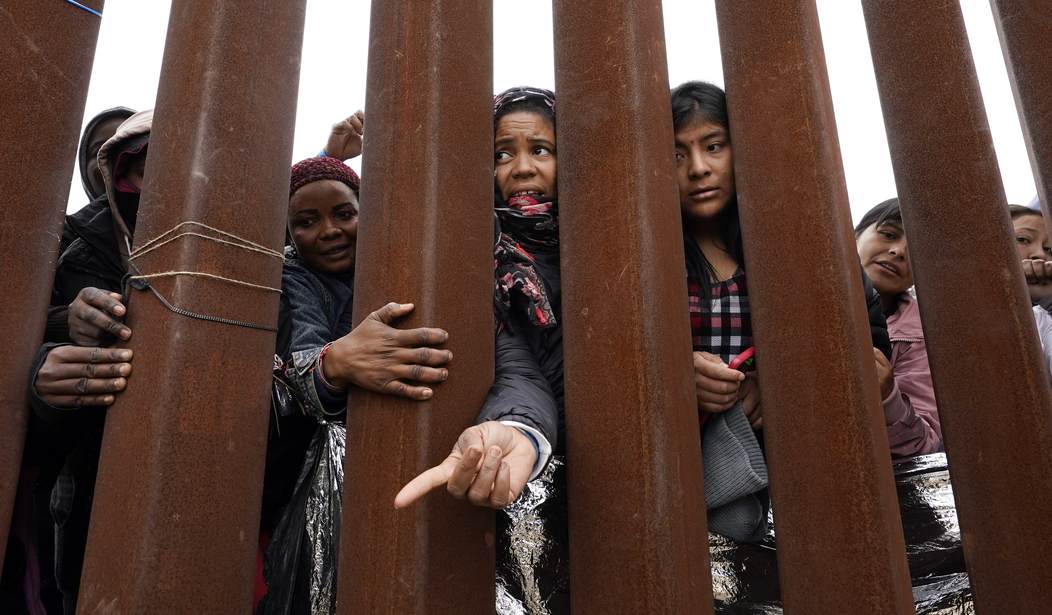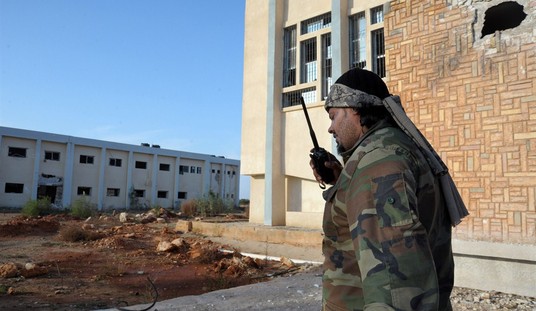A federal judge in California has struck down a key part of Joe Biden’s border policy. Judge Jon Tigar of the California Northern District Court had previously ruled against nearly identical policy instituted during the Trump administration. The ACLU sued the Biden administration over its policy that bans asylum seekers who passed through another country without first getting permission from U.S. authorities from entry into the U.S.
Biden created a workaround for that policy by setting up a system where the asylum seeker could still enter the U.S. by going through other legal channels such as showing up one of three processing centers in Central America as well as applying for protection in another country. There is also a “CBP One app” that someone wanting to enter the country can call and make an appointment to be met at the border.
But Judge Tigar nixed the entire policy and gave the administration 14 days to appeal.
“The ruling is a victory, but each day the Biden administration prolongs the fight over its illegal ban, many people fleeing persecution and seeking safe harbor for their families are instead left in grave danger,” said Katrina Eiland, deputy director of the ACLU’s Immigrants’ Rights Project, who argued the case. “The promise of America is to serve as a beacon of freedom and hope, and the administration can and should do better to fulfill this promise, rather than perpetuate cruel and ineffective policies that betray it.”
Justice Department lawyer Erez Reuveni argued that the rule has exemptions and that there are other lawful pathways that have been made available to migrants seeking to come to the United States.
Blocking the rule, Reuveni told Tigar, would “potentially undermine the ability to negotiate” with countries who have partnered with the US to manage the flow of migration.
Eiland, who argued on behalf of the plaintiffs, said the rule put migrants in harm’s way and that the regulation itself doesn’t provide any additional pathways. “There are no carrots that the rule itself actually offers,” she said.
Administration officials have pointed to a dramatic drop in border crossings since the end of a pandemic policy, known as Title 42, that allowed for the quick expulsion of migrants, as evidence that the administration’s approach, including increased deportations and tougher penalties.
In June, US Border Patrol arrested nearly 100,000 migrants along the US southern border, marking a decrease from May and marking the lowest monthly border encounters since February 2021, according to US Customs and Border Protection data.
It should be noted that the number of arrests at the border has gone down because so many more asylum seekers are being allowed into the U.S. legally.
Tigar pointed out that the programs that allow some asylum seekers to enter the U.S. don’t affect all those wanting to cross the border.
“The Rule therefore assumes that these exceptions will, at the very least, present meaningful options to noncitizens subject to the Rule. Parole programs are not meaningfully available to many noncitizens subject to the Rule. Though other parole programs exist, the Rule generally relies on the parole programs for Cuban, Haitian, Nicaraguan, Venezuelan, and Ukrainian nationals. These programs are country-specific and ‘are not universally available, even to the covered populations,’” he wrote.
The Justice Department is planning an appeal. Judge Tigar doesn’t appear eager to allow the policy to remain in effect while he considers his decision.










Join the conversation as a VIP Member